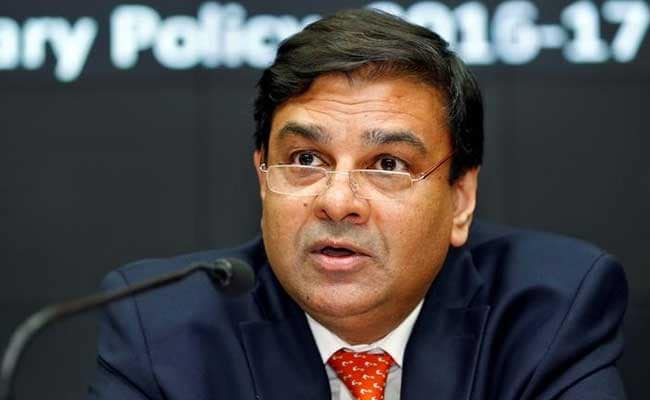
Urjit Patel, the chief of the Reserve Bank of India, confronted questions from a parliamentary committee on the sudden ban on 500 and 1,000 rupee notes in November and said the cash situation would return to normal soon. Millions were left facing a severe crunch after 86 per cent of the cash in circulation was outlawed overnight in a massive anti-corruption move. Dr Patel was testifying before the Public Accounts Committee of parliament. He told the lawmakers that abnormal deposits of old notes are being tracked.
Here are the 10 latest developments on the story:
Members of the accounts committee questioned Dr Patel about what they called hardships faced by people, and said "the common man suffered, marriages faced problems and people died."
The notes ban, said the RBI chief, had an immediate impact but in the long run, demonetization would be good for the economy.
He also informed the group that the central bank is talking to banks and service providers to work out a mechanism to reduce transaction charges on digital payments.
This is the second time in two days that the RBI governor is directly facing lawmakers' questions on the events that led to demonetization on November 8.
Dr Patel told the Public Accounts Committee that the RBI's board met at 5.30 pm that evening and cleared the government's advisory note, sent a day earlier, on banning high-denomination bills.
On Wednesday, the RBI Governor testified for parliament's Finance Committee. He disclosed that the government and the RBI began discussing demonetisation in May last year and the plans kicked into action on November 7.
Dr Patel has said that since the notes ban, 9.2 lakh crores (about $135 billion dollars) of new currency notes have been introduced to help replace the banned bills.
However, he did not disclose how many of the banned notes have been deposited in banks.
Some reports estimate that nearly 97 per cent of that money was returned to banks by the December 30 deadline declared by the RBI.
In Wednesday's meeting, former Prime Minister Manmohan Singh stepped in to advise Dr Patel not to respond to questions which could create problems for the central bank.

